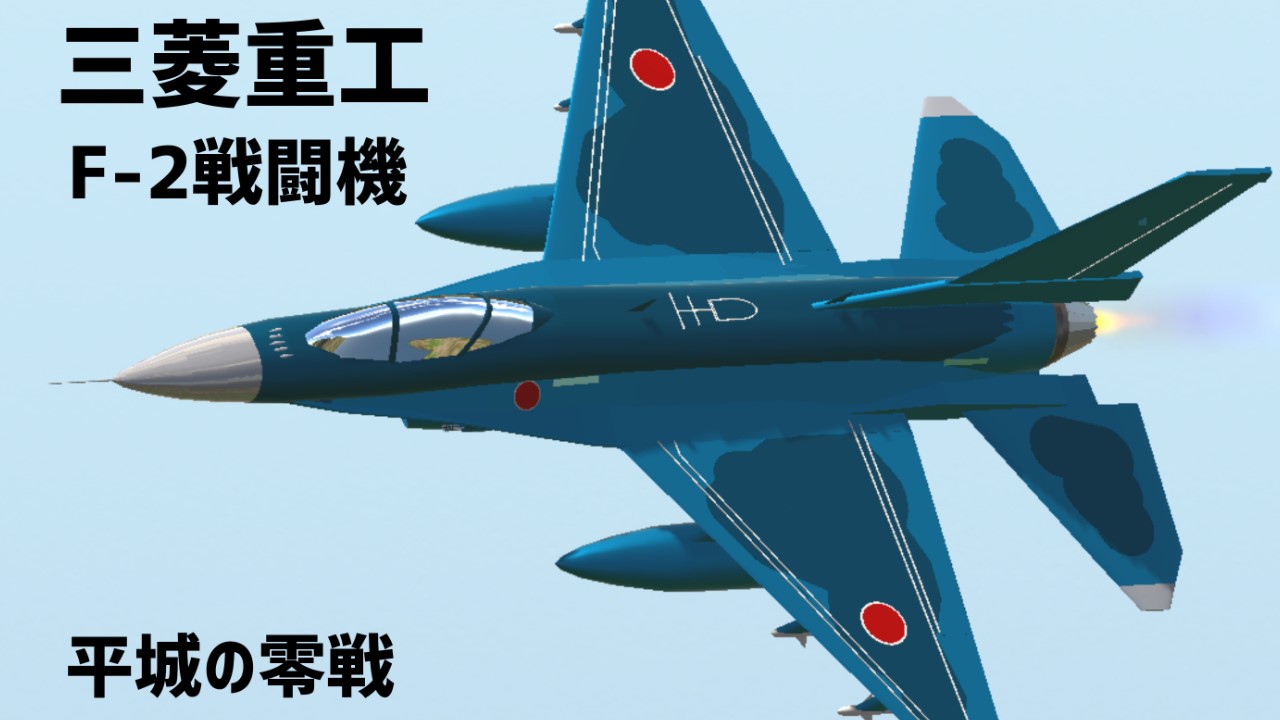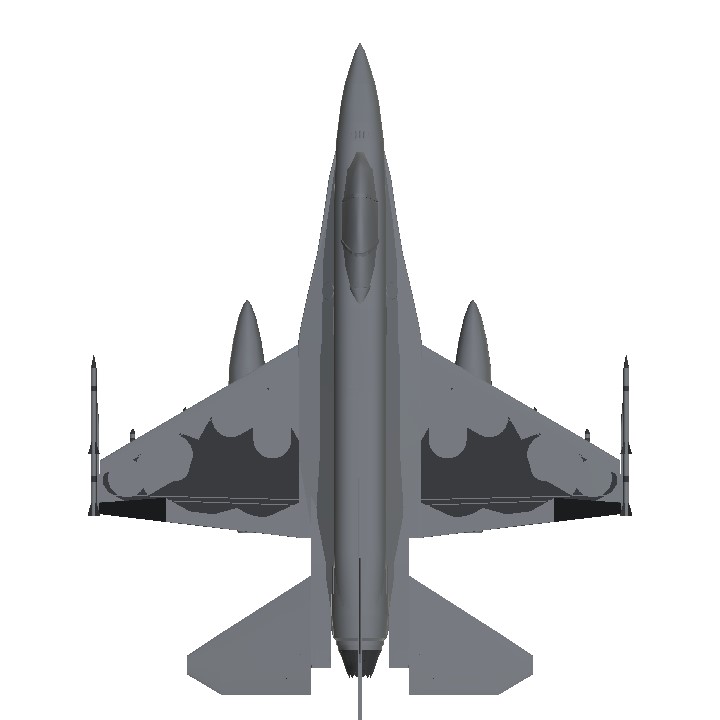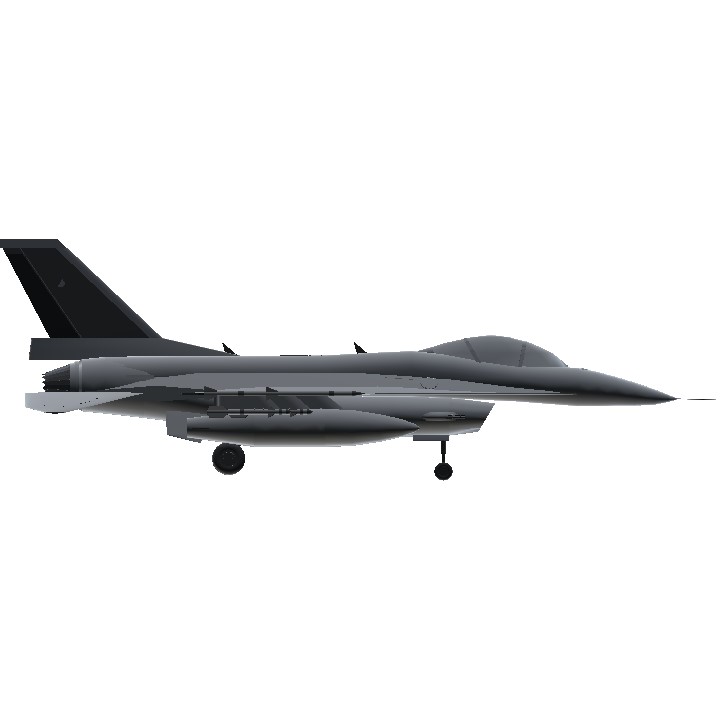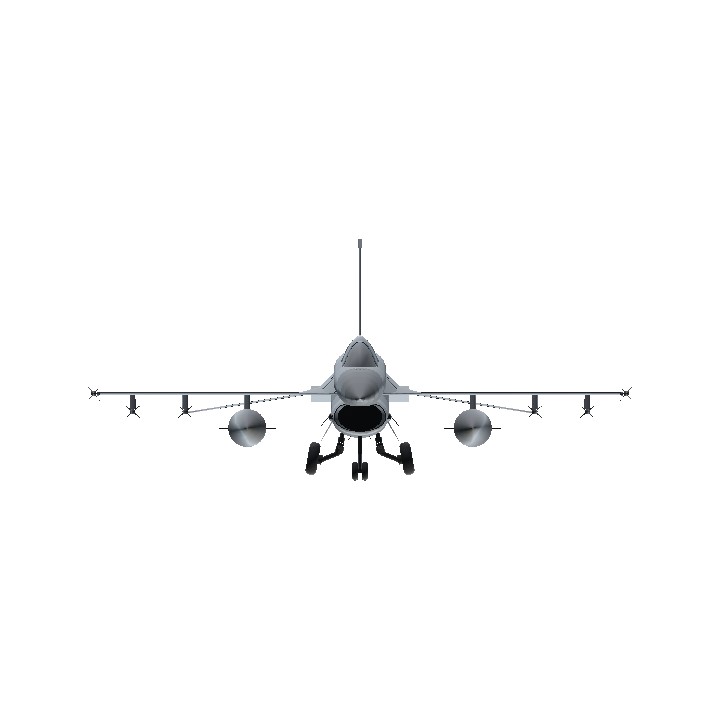About
Mitsubishi F-2 fighter is one of the main fighters under the Japanese aviation self defense force, and is also the successor model of F-1 fighter. Developed by Mitsubishi Heavy Industries and Lockheed Martin Co., Ltd., based on the F-16, the prototype was completed in 1995 and started service in 2000. The F-2 belongs to the third generation fighter in generation.
Mitsubishi F-2 is the first model in the world to put active phased array (active electronic scanning array) radar into service. It is equipped with J / apg-1 phased array radar. This type of radar is built by using gallium arsenide semiconductor and independently developed and produced in Japan. However, due to the lack of software integration ability in Japan, the performance of this type of radar is not stable, which is often criticized. The overall performance of J / APG-2 radar is equivalent to that of apg-79 phased array radar developed by Raytheon company. The latter is mainly equipped with F / A-18E / F Super Hornet.
The main tasks of Mitsubishi F-2 in the early stage were air support tasks such as ground and anti-ship. Therefore, the air self defense force classified it as a support fighter. After the replacement of J / APG-2, the F-2 also performed well in air-to-air operations with advanced electronic warfare system and radar. The Japanese Ministry of defense abolished the classification of support fighter and interceptor fighter in the defense outline of Heisei 17 (2005), and classified the F-2 as a support fighter It is a multi-purpose fighter. Because of its good performance, the F-2 is called "zero war in peace" after the nickname "supersonic zero war" of F-1 fighter.
Controls
None
Specifications
Spotlights
- exosuit 4.6 years ago
- MAHADI 4.7 years ago
- SchwarzerWind 4.7 years ago
- AWESOMENESS360 4.7 years ago
- ReignSUPREME 4.7 years ago
- Inuyasha8215 4.7 years ago
General Characteristics
- Successors 1 airplane(s)
- Created On Windows
- Wingspan 46.3ft (14.1m)
- Length 61.9ft (18.9m)
- Height 20.8ft (6.3m)
- Empty Weight 14,276lbs (6,475kg)
- Loaded Weight 38,902lbs (17,646kg)
Performance
- Power/Weight Ratio 0.866
- Wing Loading 16.3lbs/ft2 (79.8kg/m2)
- Wing Area 2,381.5ft2 (221.3m2)
- Drag Points 8889
Parts
- Number of Parts 251
- Control Surfaces 5
- Performance Cost 893





Looks beautiful! Flies excellent! It's slightly unstable, kinda like how F-16 Falcon is to improve maneuverability. Could use some trims and steerable landing gear though
好!很有精神
@LucasNicky 啊这
成写错了(恼
Nice Viper Zero
The paint scheme on this looks so smooth